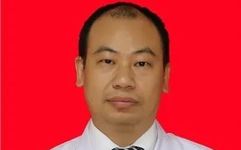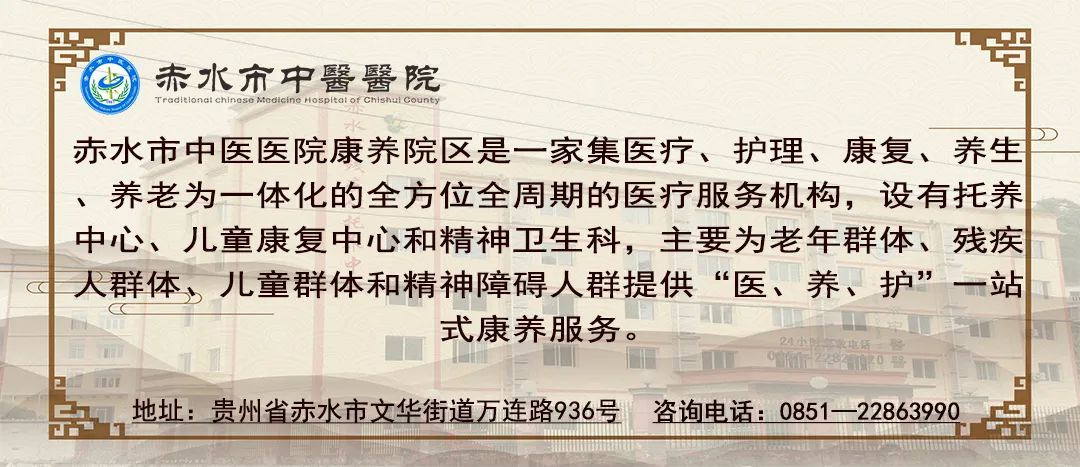

Balancing cupping therapy is based on the fundamental theories of Traditional Chinese Medicine (TCM). It combines techniques such as flash cupping, rubbing cupping, moving cupping, shaking cupping, and stationary cupping to activate a large number of “dormant” immune cells hidden beneath the skin of the back. This therapy regulates the qi (气) of the internal organs and transmits it to the brain through the meridians, achieving self-repair, self-regulation, and self-improvement as a green therapy. It is characterized by its simplicity of operation, ease of popularization, non-invasiveness, patient acceptance, significant efficacy, and absence of side effects, making it effective for both treating and preventing diseases.
Have you heard of this miraculous TCM therapy? Let’s explore it together!
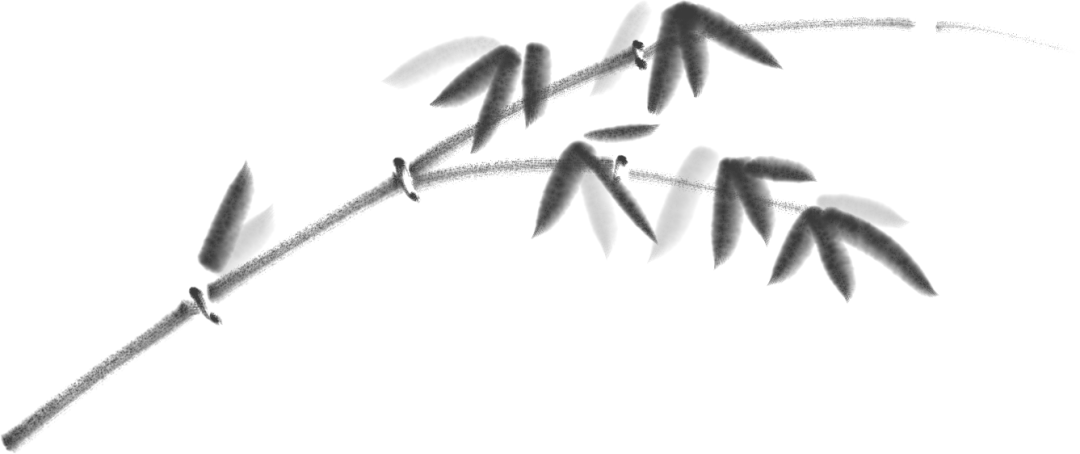
1. The Origin of Balancing Cupping
Cupping therapy, historically known as “Jiao Fa” (角法), is a pearl of traditional Chinese medicine, a symbol of TCM that has been passed down for thousands of years. Its history is long, with records of its use in treating hemorrhoids found in the “Fifty-Two Disease Formulas” unearthed from the Han tomb of Mawangdui in Hunan. The “Zhou Hou Fang” from the Jin Dynasty introduced its use in surgical abscess drainage. By the Tang Dynasty, the Taiyi Bureau had established a dedicated department for cupping therapy.
After the founding of New China, the clinical application of cupping therapy has expanded from a relatively narrow scope to various specialties including internal medicine, surgery, gynecology, pediatrics, orthopedics, dermatology, and otorhinolaryngology. Moreover, cupping therapy has gained international popularity, being referred to as “ventosa” in France and “hijama” in Russia.
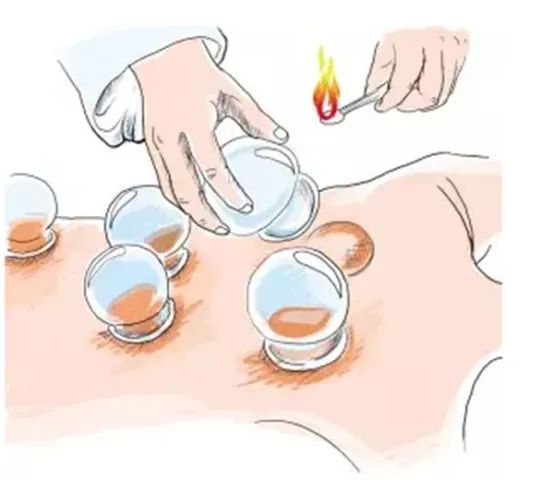
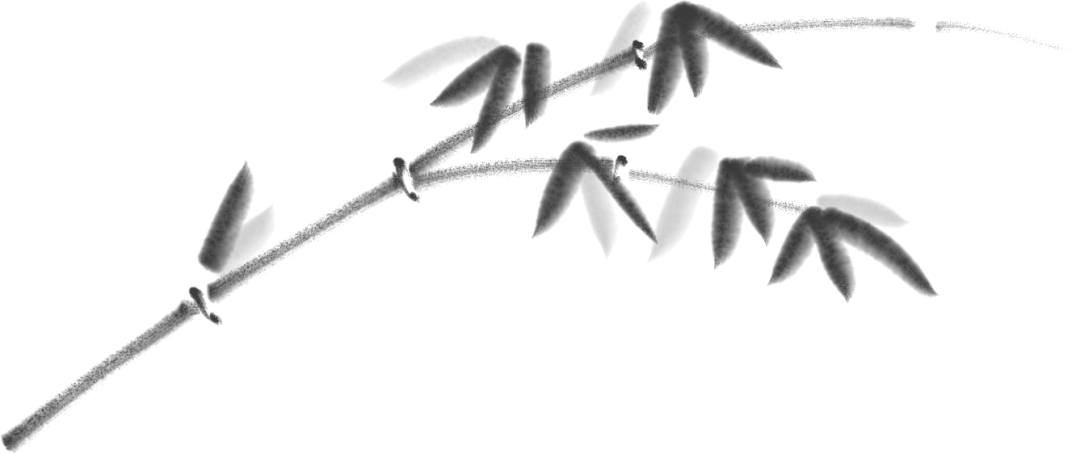
2. Common Techniques of Balancing Cupping
Flash Cupping: Warms the meridians and disperses cold.
Rubbing Cupping: Relaxes muscles and warms the meridians to disperse cold.
Moving Cupping: Enhances nerve and muscle excitability; accelerates blood circulation; promotes metabolism, and is effective in improving central nervous system issues and peripheral nerve problems after hemiplegia.
Shaking Cupping: Commonly used for heat-type diseases, it clears heat, drains fire, and invigorates blood circulation.
Stationary Cupping: Beneficial for patients with back, waist, limbs, and joint pain caused by wind, cold, and dampness, it warms the meridians, disperses cold, and relaxes the tendons to eliminate dampness.

3. Efficacy of Balancing Cupping
1. TCM believes that balancing cupping has various effects such as warming the meridians and dispersing cold, relaxing the meridians and invigorating blood, dispelling wind and eliminating dampness, clearing heat and draining fire, and promoting qi flow and unblocking the meridians.
2. Western medicine recognizes its effects in invigorating blood circulation, dilating blood vessels, adjusting peripheral nerves, improving microcirculation, enhancing immune function, reducing inflammation and bacteria, and alleviating fever and pain.

4. Indications for Balancing Cupping
It is suitable for conditions such as colds; insomnia; obesity; shoulder periarthritis; neck, waist, and back pain; acute gastroenteritis and other digestive system diseases; chronic fatigue syndrome; and healthy individuals with damp-heat constitution.
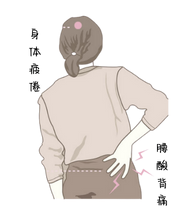

5. Contraindications for Balancing Cupping
Patients with tumors, blood diseases, pregnant women; those with skin lesions or scars, and patients with skin diseases; individuals with mental disorders who cannot cooperate should avoid this therapy.

Do you often feel
fatigued, with heavy dampness, shoulder and neck pain, back pain, headaches, and insomnia?
Low work efficiency…
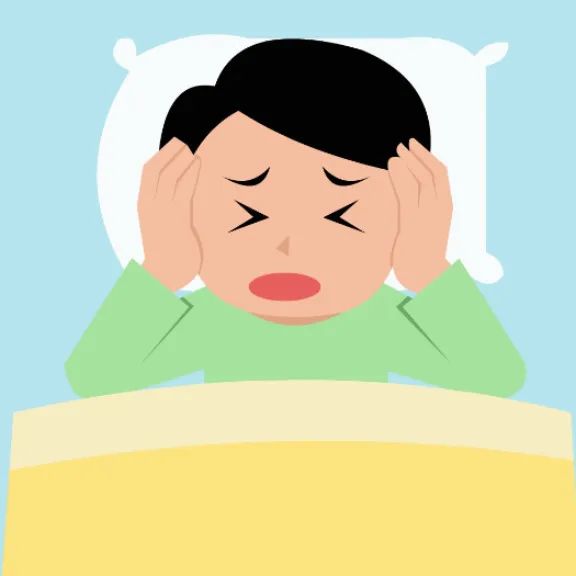
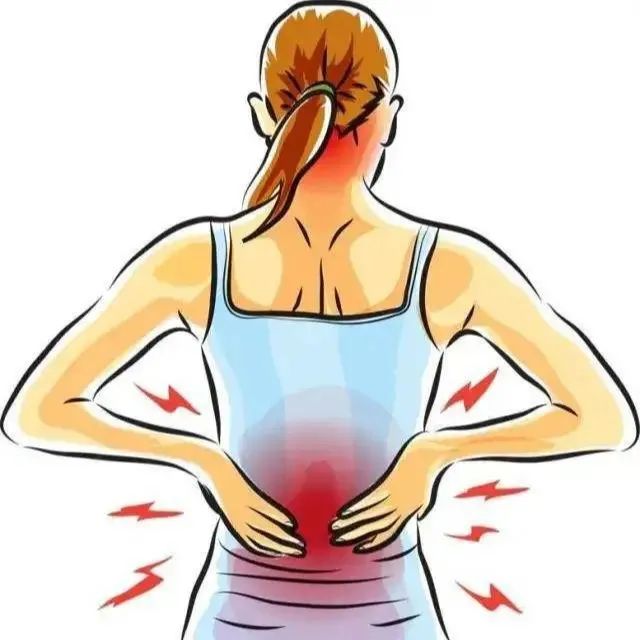
Don’t panic, don’t panic!
Come quickly to Chishui City Traditional Chinese Medicine Hospital Acupuncture and Rehabilitation Department to experience balancing cupping!
We can help solve all the above concerns!

Department Team
Liao Qiongying
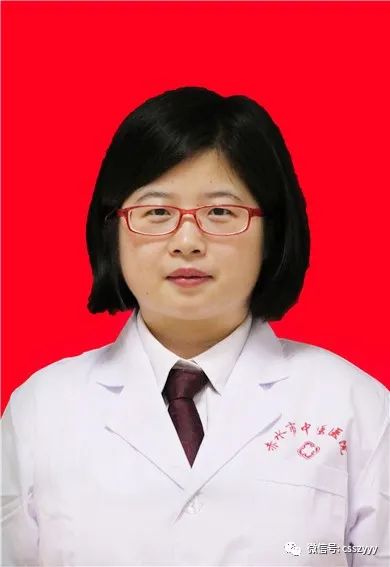
Deputy Director, Associate Chief Physician, graduated from Guangzhou University of Chinese Medicine. Specializes in acupuncture and herbal combination therapy for common internal diseases such as sequelae of cerebral infarction, facial paralysis, migraine, insomnia, etc.; proficient in minimally invasive TCM techniques such as needle knife, warm needle, electric needle, and fire needle for treating neck, shoulder, waist, and leg pain.
Song Shengyang
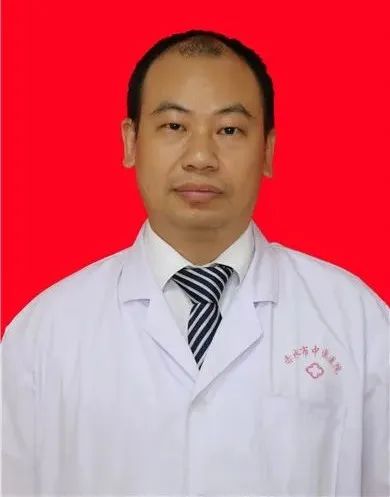
Director of Acupuncture and Rehabilitation Department, TCM Attending Physician, holds a bachelor’s degree, graduated from Guiyang University of Traditional Chinese Medicine, has 17 years of clinical experience, trained for one year as a general practitioner at the First Affiliated Hospital of Guiyang University of Traditional Chinese Medicine, and studied internal medicine, radiology, and orthopedics for six months each at a tertiary hospital. Proficient in using acupuncture, tui na, and acupoint injection to treat cervical spondylosis, lumbar spondylosis, shoulder periarthritis, knee osteophytes, sequelae of cerebral infarction, headaches, trigeminal neuralgia, facial paralysis, etc., and skilled in combining modern treatments such as nerve block and minimally invasive intervertebral disc therapy.
Yan Zhongqin
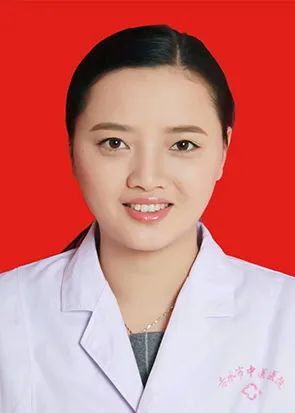
Deputy Director of Acupuncture and Rehabilitation Department, Attending Physician, skilled in using acupuncture, tui na, and moxibustion to treat sequelae of stroke, facial paralysis, vertigo, cervical spondylosis, lumbar spondylosis, shoulder periarthritis, knee osteophytes, migraines, etc.
Shi Qianying
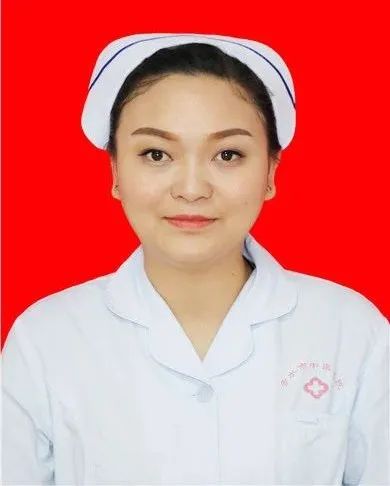
Head Nurse of Acupuncture and Rehabilitation Department, Chief Nurse, TCM Specialist Nurse, holds a bachelor’s degree, graduated from Zunyi Medical University, has studied at the Third Affiliated Hospital of Zhejiang University of Traditional Chinese Medicine and the Affiliated Hospital of Southwest Medical University, and has 17 years of nursing experience. Proficient in TCM nursing techniques: balancing cupping, governor vessel moxibustion, thunder fire moxibustion, fire dragon moxibustion, copper scraping, ox horn cupping, and Tianmen acupoint massage.
END
Address of Chishui City Traditional Chinese Medicine Hospital (Main Hospital): Chishui City281 North Hongjun Avenue
Emergency Phone: 0851—22883160
Address of Chishui City Traditional Chinese Medicine Hospital Rehabilitation Area: 936 Wanlian Road, Wenhua Street, Chishui City
Consultation Phone: 0851—22863990
Source: Acupuncture and Rehabilitation Department
Editor: Zhao Luyao
First Review: Yu Yang
Second Review: Hu Jiarong
Third Review: He Ruhua

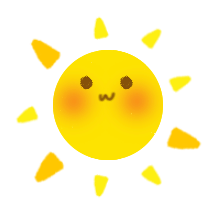 Sharing is a positive attitude towards life
Sharing is a positive attitude towards life

